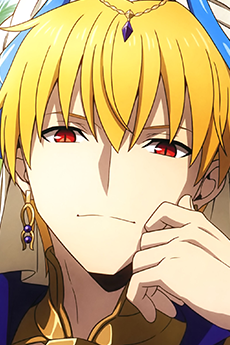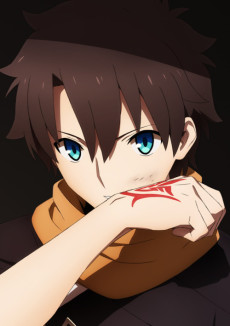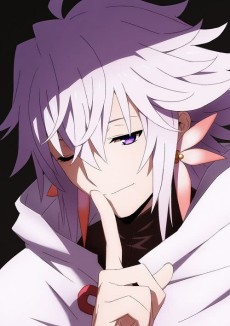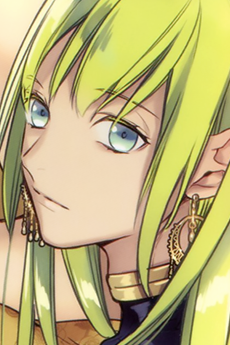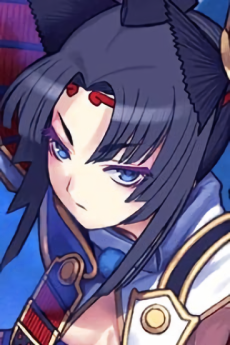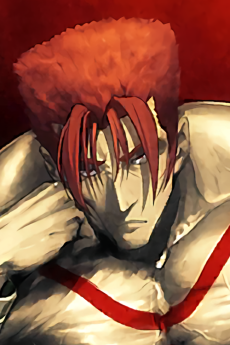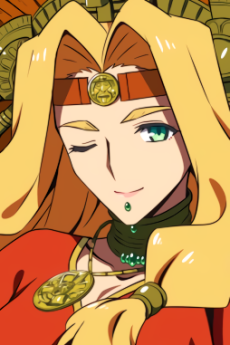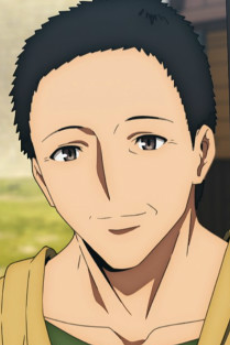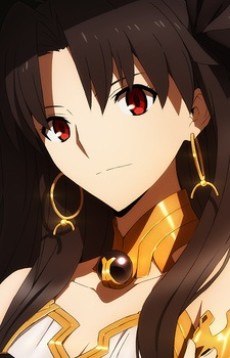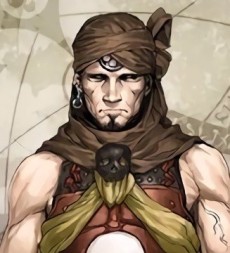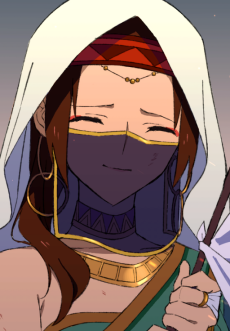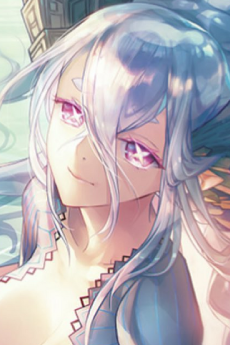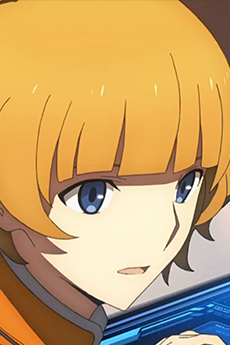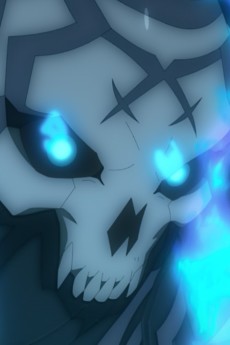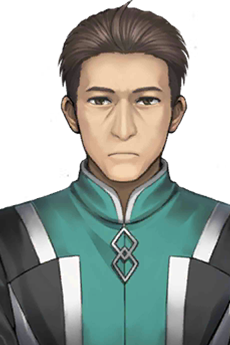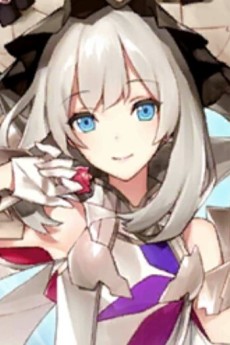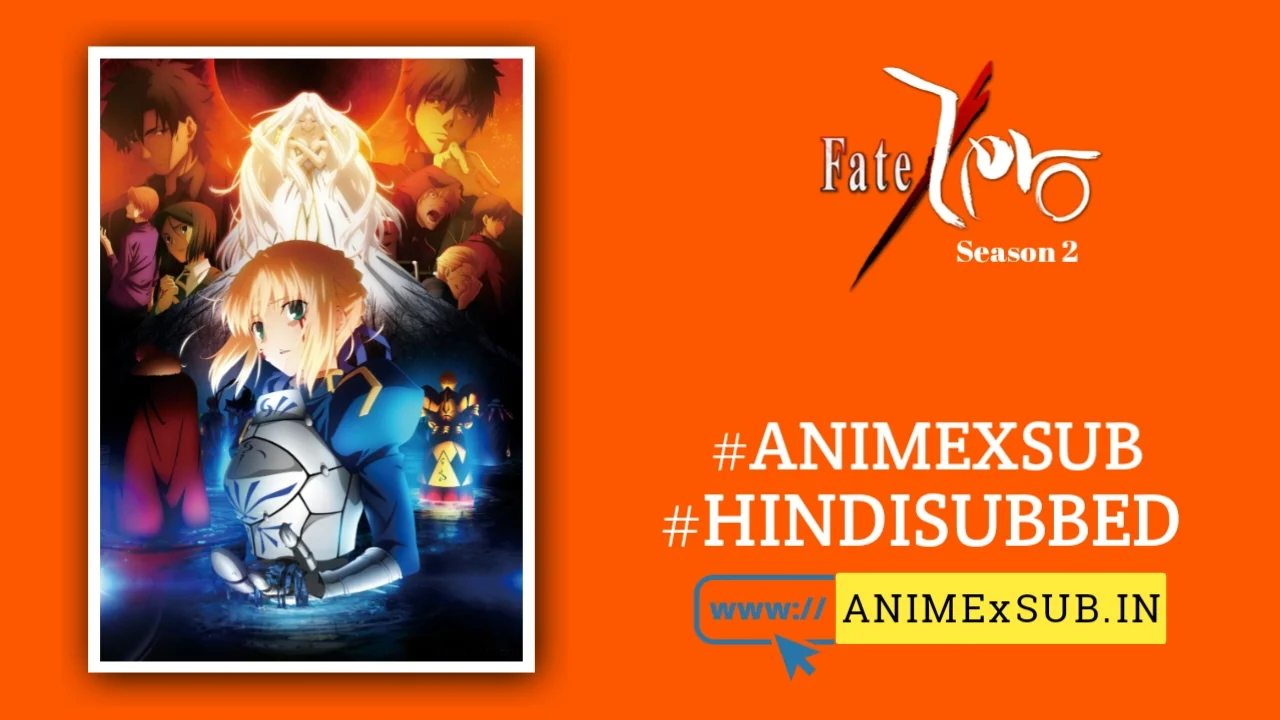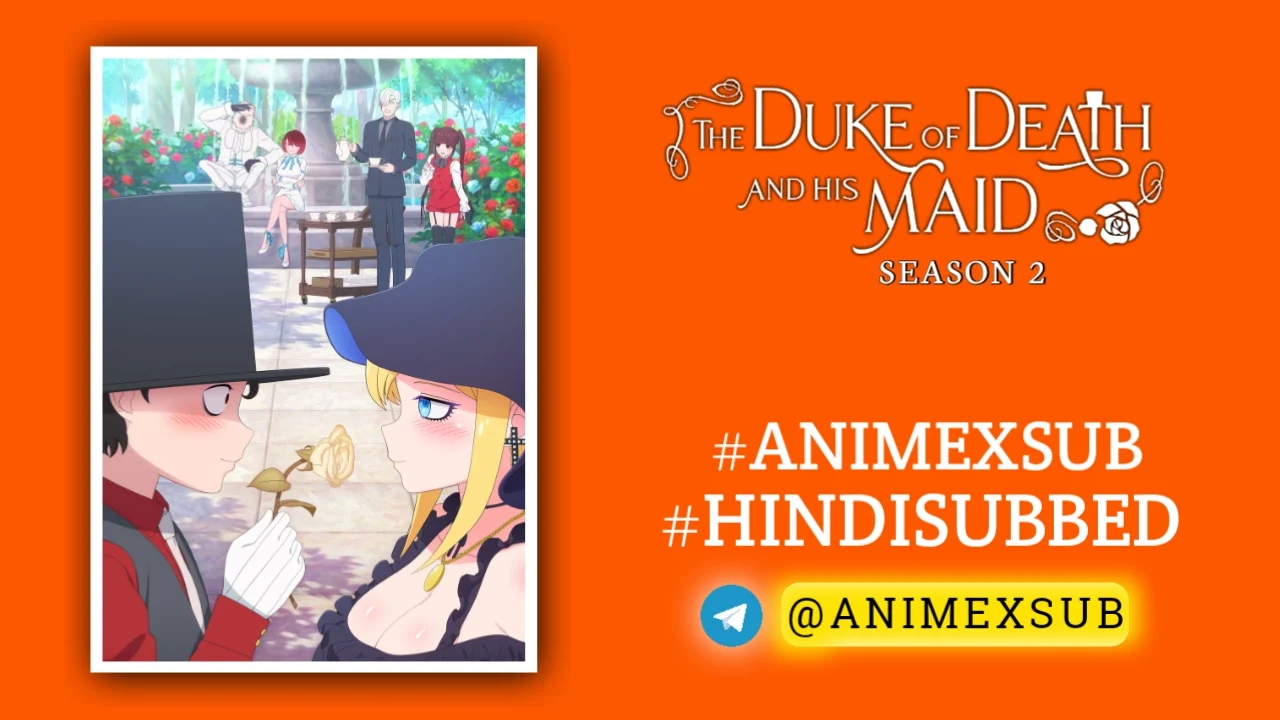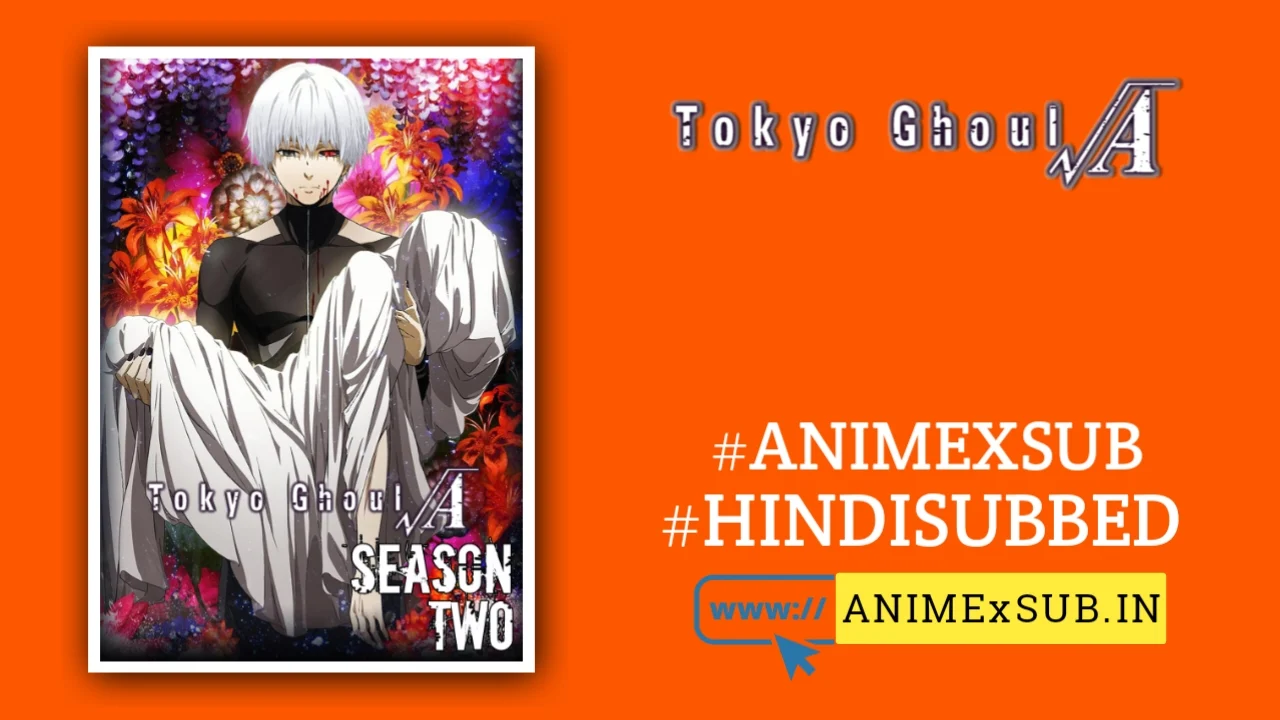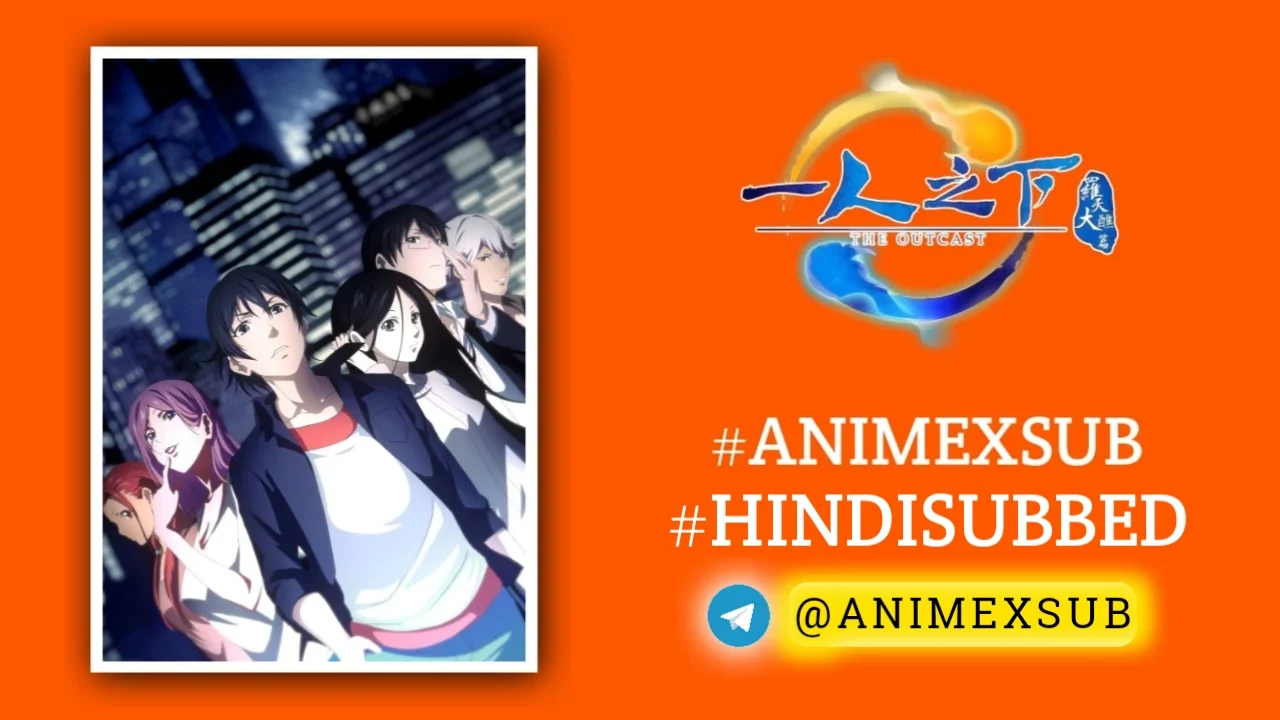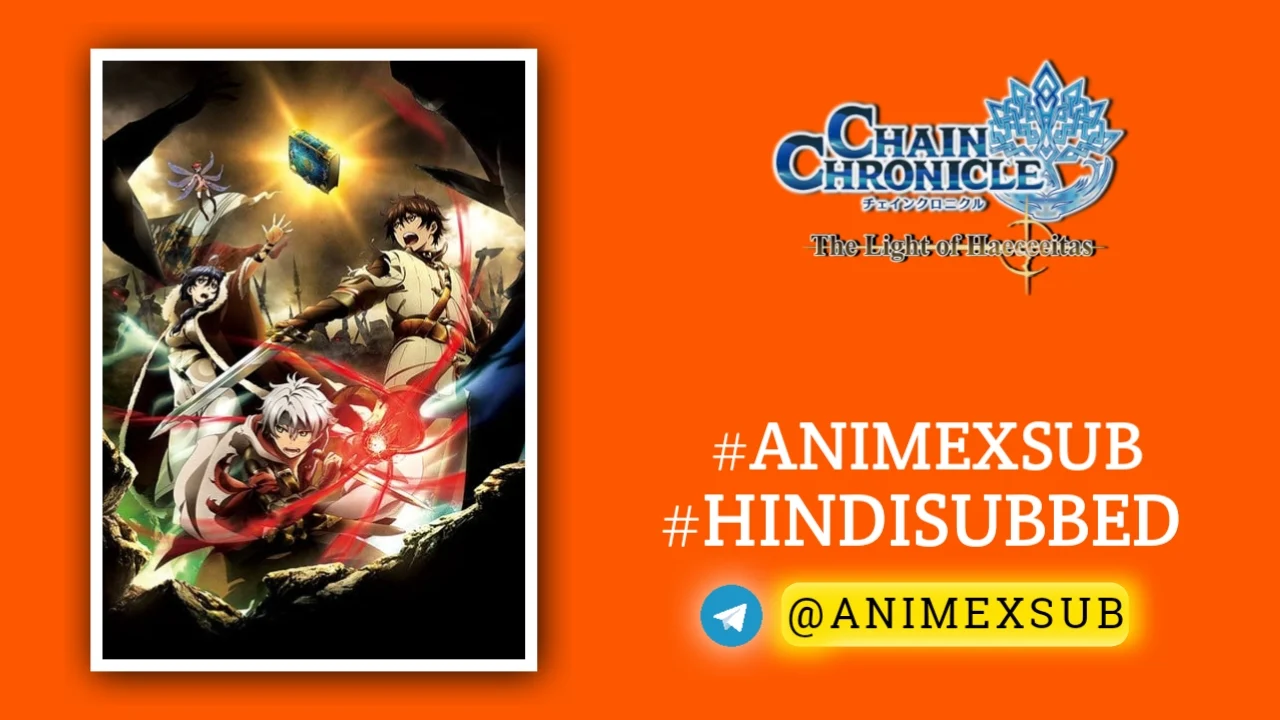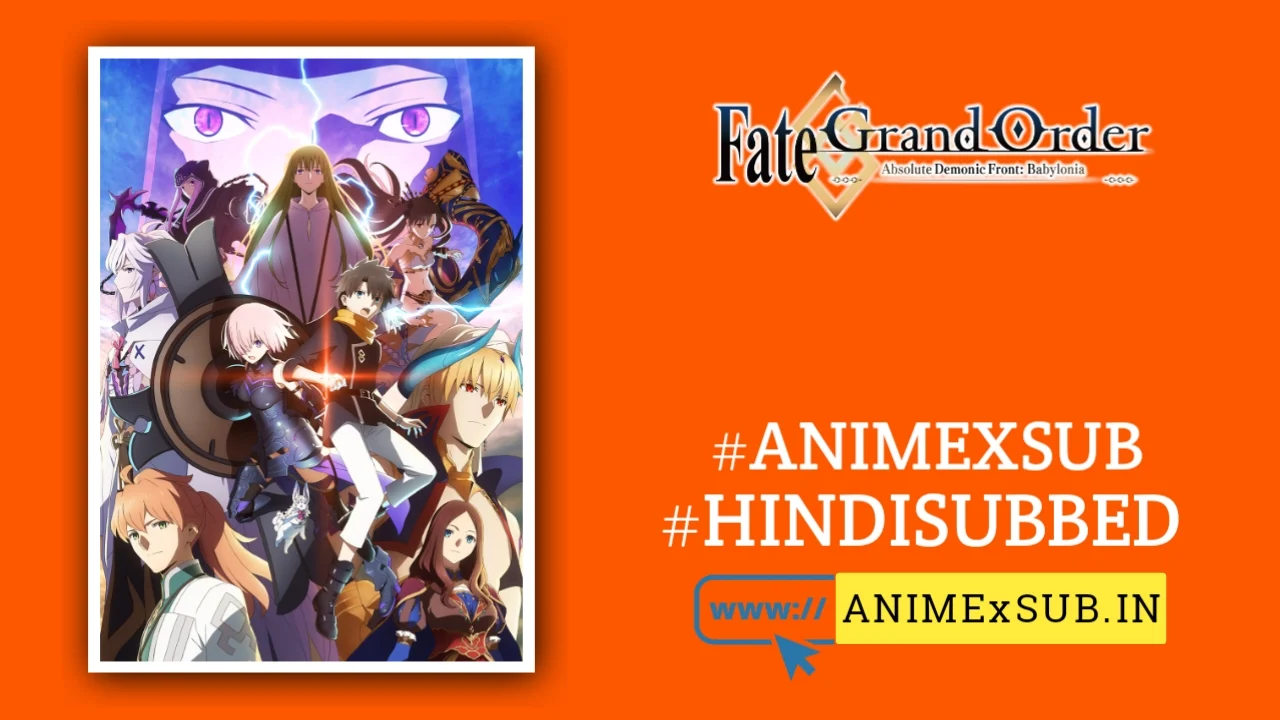
Fate/Grand Order: Absolute Demonic Front – Babylonia Hindi Subbed [21/21] {Complete}
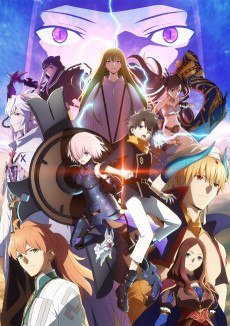
Fate/Grand Order: Zettai Majuu Sensen Babylonia
Fate/Grand Order Absolute Demonic Front: BabyloniaSynopsis
A seventh Singularity has been discovered in ancient Mesopotamia in the year 2655 B.C. The land of Uruk, governed by the wise King Gilgamesh after he returned from his quest for immortality, was grand and prosperous until three goddesses and countless Demonic Beasts appeared. These enemies have brought Uruk to the brink of destruction. With a Rayshift—a method of traveling across both time and space—Fujimaru and Mash journey to the land of Uruk, where they encounter the fortress city of Uruk and the Absolute Demonic Front, where a terrible battle against the fearsome onslaught of the Demonic Beasts rages. There, the citizens of Uruk, who live their lives to the fullest despite facing an existential threat, continue to fight for their future. Deities and Demonic Beasts attack with terrifying force, and mankind pushes back with all its might... This is the era where humans and gods are destined to part ways. Fujimaru and Mash, the pair who have fought through all six previous Singularities, embark on their final battle. (Source: Aniplex of America) Note: Based on the Babylonia Singularity of Fate/Grand Order, the Japanese smartphone role-playing game created by Delight Works based on the Fate series by Type-Moon.
Watch Trailer
Characters
Fate/Grand Order: Absolute Demonic Front – Babylonia – A Mythic Odyssey Through Time and Lore
Fate/Grand Order: Absolute Demonic Front – Babylonia (2019-2020), adapted from the seventh chapter of the wildly popular mobile game Fate/Grand Order, is a standout in the sprawling Fate franchise. Set in 2655 BC Mesopotamia, this 21-episode anime by CloverWorks follows Ritsuka Fujimaru and Mash Kyrielight as they tackle the seventh Singularity, a temporal distortion threatening humanity’s existence. The city of Uruk, led by the indomitable King Gilgamesh, faces annihilation from the Three Goddess Alliance and monstrous forces. What unfolds is a narrative that weaves ancient mythology, character-driven drama, and breathtaking visuals into a unique tapestry that both honors its source material and pushes the boundaries of anime storytelling.
A Narrative That Balances Myth and Emotion
Unlike the battle-royale structure of earlier Fate entries like Fate/Zero or Fate/stay night, Babylonia pivots to a time-travel epic where humanity’s survival hinges on correcting historical anomalies. The story dives into Mesopotamian lore, reimagining figures like Gilgamesh, Enkidu, and Ishtar as complex, larger-than-life characters. Gilgamesh, often seen as arrogant in prior Fate works, is recast as a wise yet burdened king, his regal authority tempered by moments of vulnerability and camaraderie. This nuanced portrayal, paired with his evolving bond with Ritsuka and Mash, anchors the narrative in emotional stakes that resonate beyond the game’s fanbase.
The plot’s strength lies in its ability to be self-contained yet richly layered. Newcomers can follow the story without prior Fate knowledge, though familiarity with Fate/Grand Order: First Order or Fate/Zero enhances context. The anime deftly balances high-stakes battles against primordial goddesses like Tiamat with quieter moments of character development, such as Mash’s growth from a timid servant to a resolute protector. However, the pacing occasionally stumbles, with some episodes feeling dense with lore or overly reliant on fanservice, which can alienate viewers seeking a tighter narrative.
Visual and Auditory Spectacle
CloverWorks delivers a visual feast, with vibrant 2D animation blending seamlessly with 3D models, particularly in depicting colossal beings like Tiamat. The fight scenes are a highlight, featuring fluid choreography and dynamic camera angles that capture the chaos of divine warfare. Uruk’s bustling streets and ziggurats are rendered with historical fidelity, thanks to consultation with experts, grounding the fantastical in a tangible sense of place. The soundtrack, with remixed tracks from the game, amplifies the epic tone, though some sound effects can overpower quieter scenes when experienced with headphones.
Characters: The Heart of Babylonia
The ensemble cast is a double-edged sword. Standouts like Gilgamesh, Enkidu, and the mischievous Ishtar shine with distinct personalities and motivations, their mythological roots creatively reinterpreted. Ritsuka, however, often feels like a blank slate, a carryover from the game’s player-insert protagonist, which can leave emotional beats involving him less impactful. Mash compensates, her arc of self-discovery providing a relatable lens for viewers. The anime’s attempt to juggle numerous characters sometimes results in underdeveloped arcs, particularly for figures like Quetzalcoatl, whose rich mythological potential is only partially explored.
A Game Adaptation Done Right
As a game adaptation, Babylonia succeeds where others falter. It captures the mobile game’s essence—epic battles, historical mashups, and gacha-driven character allure—while expanding the story for the screen. Unlike the maligned Fate/Extra anime, it avoids rushing or butchering the source material, though some game-specific details (like Gilgamesh’s injury placement) differ, sparking debate among fans. The 21-episode run allows breathing room for the story, though production delays and a slightly abrupt finale suggest room for refinement.
Critical Reception and Unique Appeal
Reviews on platforms like MyAnimeList (8.0/10) and IMDb praise Babylonia for its animation and accessibility but note its complexity for newcomers. Fans of the game often rate it highly (9s and 10s), appreciating its loyalty to the Babylonia arc, while critics highlight its reliance on prior Fate knowledge and occasional pacing issues. Its unique appeal lies in its fusion of Mesopotamian mythology with Fate’s signature blend of action and philosophy, exploring themes of humanity’s resilience and the weight of leadership. Unlike typical anime adaptations, it doesn’t shy away from the game’s sprawling scope, delivering a spectacle that feels both intimate and cosmic.
Why It Stands Out
Babylonia isn’t just another Fate spinoff; it’s a bold reimagining of what a mobile game adaptation can be. It respects its roots while crafting a story that speaks to both veterans and newcomers, blending mythic grandeur with human struggles. Its flaws—uneven pacing, a muted protagonist, and occasional lore overload—are outweighed by its ambition, visual splendor, and emotional depth. For those craving a journey through ancient history with a modern anime twist, Babylonia is a next-level experience that lingers long after the credits roll.
Officially Streaming on Crunchyroll, Funimation, and HIDIVE.
Download Links
Quality: FHD [1080p]
Quality: HD [720p]
Quality: SD [480p]
Support Our Anime Community!
Love watching the latest anime? Help us keep uploading new episodes by join telegram channel ❤️
Join Now!
